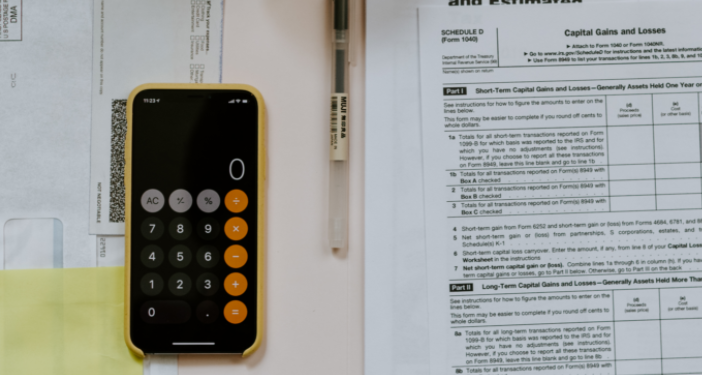As their name implies, cryptocurrencies were designed to act like regular currencies, aka money systems that facilitate the exchange of goods and services. However, many governments do not recognize them as such. In many countries, including the United States, Canada, Australia, and the United Kingdom, cryptocurrencies are treated as properties. As such, they’re not taxed as money, but as capital assets.
To help you navigate the field, here’s what you need to know about how cryptocurrencies are taxed.
How Cryptocurrencies Are Taxed
If you live in a country that classifies cryptocurrencies as capital assets, you will be subject to capital gains tax for both cryptocurrencies you sell and cryptocurrencies you use to purchase goods and services. As such, when you sell a cryptocurrency, you will owe capital gains tax on the profit you incurred.
And when you buy goods and services using crypto, the government still recognizes the transaction as you selling your crypto. What this means is that goods and services that you purchase using cryptocurrencies are also considered profit as long as the value of your cryptocurrencies has increased since you first purchased them. Thus, you will also need to pay capital gains tax for using crypto in purchases.
Taxes on crypto investments depend on how long you’ve held the currency. If you’ve held on to the currency for less than a year and its value appreciates within that time, your investment will be subject to regular income tax. Investments held for more than a year are subject to capital gains tax.
Tips for Filing Crypto Tax
Keep a record of your crypto transactions
Just like you would for regular taxes, you need to keep track of any transaction you make using cryptocurrencies. Collect receipts from crypto purchases. Take note of how much you pay when buying cryptocurrencies, and how much you earn when selling them. You also need to keep track of how long you’ve held onto these assets.
You can simplify this process by investing in tracking software like CoinTracker or Koinly. According to a report by TechCrunch, the platform CoinTracker can be connected to exchanges, and crypto-wallets to track every crypto transaction you make. This way, you’ll have a clear idea of what your crypto balance is, even if your investments are spread across multiple platforms. You can use this information to fill out appropriate tax forms.
Understand Your Local Tax Laws
How much you’ll actually have to pay in tax depends on where you live. Most federal regions like Canada and the US have different ways of calculating capital gains tax. In Quebec, for instance, capital gains are 50% taxable, but how much you pay depends on your income. This means that 50% of your capital gain profit gets added to your income tax, and your total becomes subject to your personal tax rate. Thus, people in higher tax brackets end up paying more in capital gains tax.
Similarly, an article on the World Population Review notes that capital gains are usually taxed as regular income in most places in America, with rates differing from state to state. The state with the highest capital gains tax rate is California, which can reach 13.3%, while the state with the lowest is North Dakota, which can reach 2.9%.
Hire An Accountant
Taxes can get complicated if you have an extensive cryptocurrency portfolio. In these cases, you can benefit from seeking skilled accountants with experience in cryptocurrencies. Professionals with advanced degrees in accounting can help you both track your transactions and navigate local tax laws. They might also be able to provide advice on how to minimize the taxes you owe.
Given these complicated tax laws, the cryptocurrency market can be difficult to navigate. Those who want to stay ahead of the curve can try Investing Haven’s premium research service, which can guide you through investments to bring the highest possible returns.





